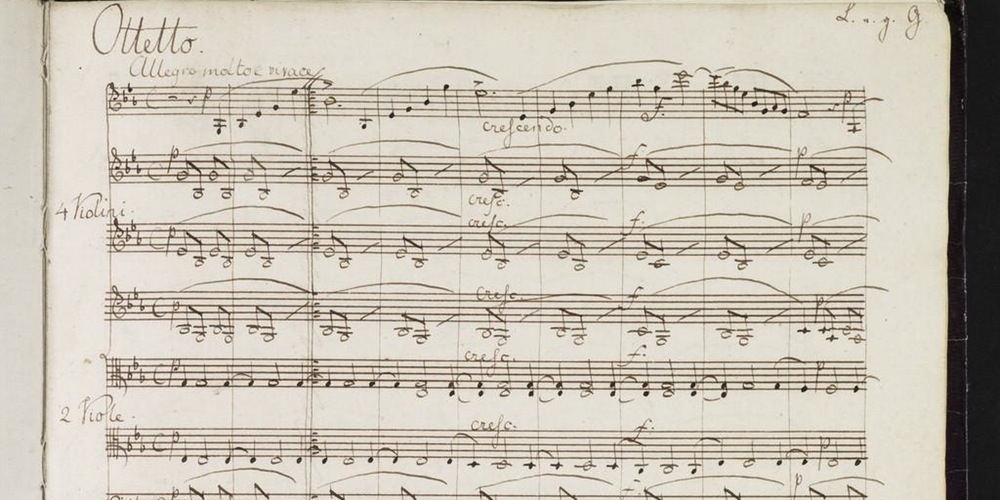Evening Harmonies
Franz Liszt’s Transcendental Étude No. 11,“Harmonies du Soir” is part of a set of twelve demonically difficult technical studies for piano. It appeals to a certain euphoria we feel in the presence of danger…the amusement park ride which seems to be on the verge of spinning out of control, but miraculously never does. In the case of Étude No. 11, danger comes in the form of furiously fast broken chords, quick jumps from one end of the …



